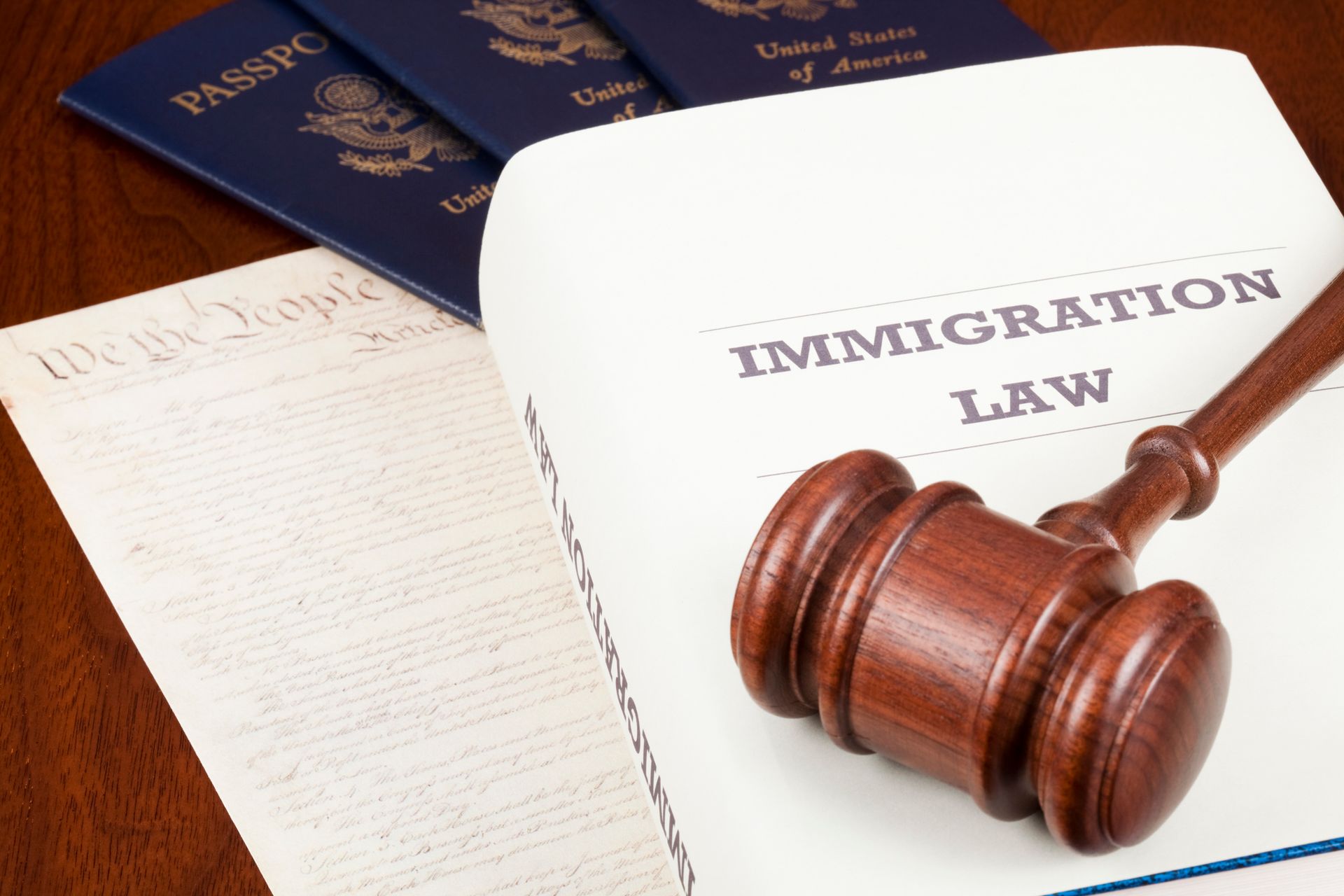8 Important Factors To Consider When Writing A Will

Have you made plans for your future?
Most of us do not consider the importance of writing a will until much later in life.
However, having a detailed will in place at any age can be of great benefit whether you have people who are financially dependent on you or not.
Taking the steps now can stop uncomfortable conversations down the line, and ensure a smooth transition for your loved ones.
Consider the following 8 important factors that you may want to consider when writing a will1) Choosing An Executor
An executor is the person who will administer your estate according to your wishes that have been stated in your last will and testament.
While you can choose any person to manage this task, it is advisable to choose someone you trust and who can negotiate the complicated legal and financial matters involved with the administration of the will.
A professional family lawyer or accountant is a good choice as an executor. Ask the lawyer assisting you with drawing up your will for advice on choosing a suitable executor.
2) Choosing Your Beneficiaries
The beneficiaries are the people named in your will who will benefit in some way from the estate that you left behind.
You can choose any person or entity to be a beneficiary. If you don't have friends or family that you want to name as beneficiaries, you can name a charity or company as a beneficiary or select that your estate go towards research.
3) Care For Your Pets
People often neglect to consider who will care for their pets when they are gone and to include this in their will. You can name a person/s, charity or other organisation who you trust to care for your pets to take them when you are gone.
Animal healthcare expert Keith Maitland says that our furry friends can go forgotten, he says “animals are by our side through thick and thin, and still need care once we pass away. Speaking to a professional family law expert can ensure your pets get the care they need if something should happen to you.”
You may want to leave funds to cover the cost of the care of your pets to the named person/s or organisation. You should talk to the people you have chosen before including this in your will and ensure that they will be prepared to take on the responsibility.
4) Items Of Sentimental Value
Items that have little to no monetary value may have great sentimental value and you should designate beneficiaries to who you would like these items to be passed to.
5) Charity
After considering the care of your loved ones and dependents, you may also want to leave money or items of value to a cause or organisation that you feel strongly about.
eCommerce linen retailers Tow and Line explain that charities can make use of items you don’t think are important. They note “if you find a large amount of clothing, bedding or linens available, consider donating them to charity rather than throwing them out. Even if you don’t feel strongly about them, someone else might.”
You can include a charity, church or other organisation to benefit from your estate.
6) Your Children
It is absolutely essential to address the care of your minor children (under 18 years of age) in your will.
You can appoint a guardian who will make all decisions regarding the children after you (and your spouse or partner) have passed away.
It is highly recommended to discuss the matter with your chosen testamentary guardian and your lawyer to ensure that you both understand the responsibilities that come with this assignment.
Need help organising a will in Darwin? Chat to the team from Maleys Legal to get quick, reliable support.
7) Disabled Dependents

If you have a dependent that is disabled and is either financially or physically dependent on you for their care, you may want to set up a Disability Trust to provide for them once you are gone.
You should discuss this type of trust with your lawyer and the executor of your will as the process can be quite complicated and complex.
8) A Testamentary Trust
There are many reasons why you may want to consider placing your estate in a testamentary trust rather than simply distributing assets to beneficiaries.
This is where your assets are placed in a trust and your named beneficiaries benefit from the income that is earned from the trust.
Alternatively, assets can be placed in trust until a beneficiary reaches a certain age or other stipulations such as completing a certain level of education.
Just like Disability Trusts, Testamentary Trusts are complicated. Discuss this option with your Darwin family or estate lawyer to find out about the tax and other benefits such as protecting your assets while they are in Trust.
These are just some of the factors that you need to consider in your will.
It is never too early to write a will so contact Maleys Legal on 08 7922 1006 to get started today.






